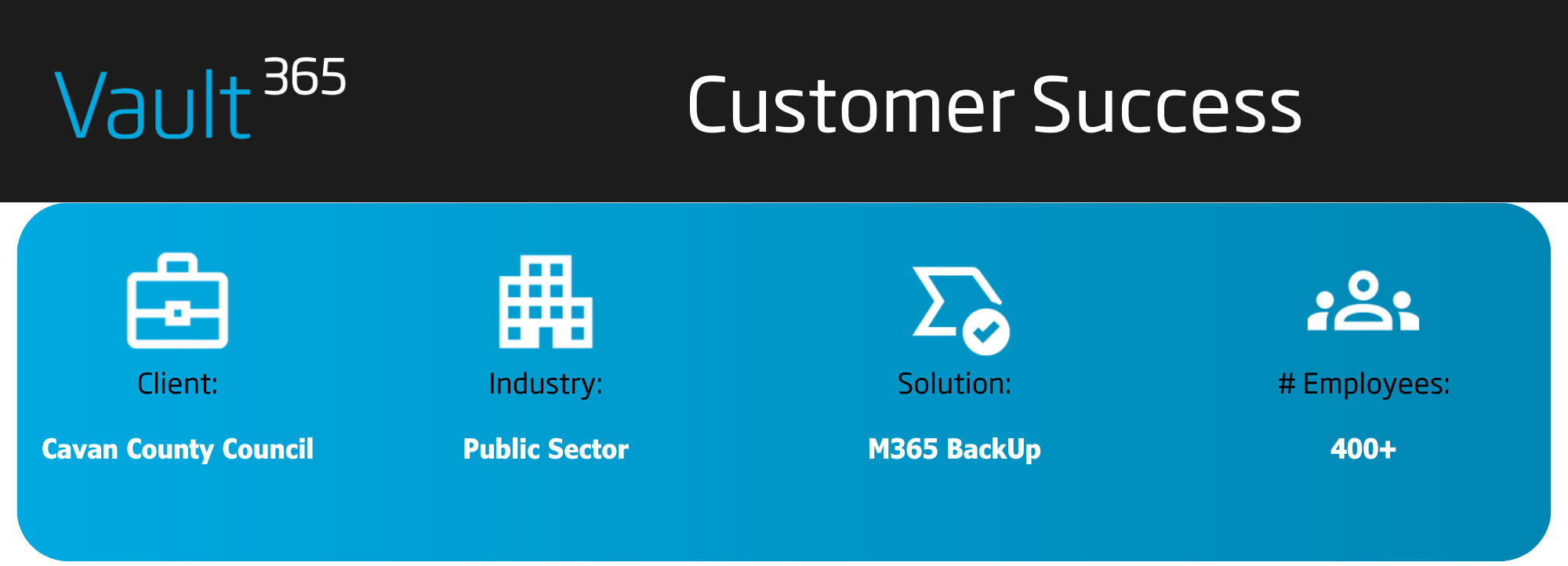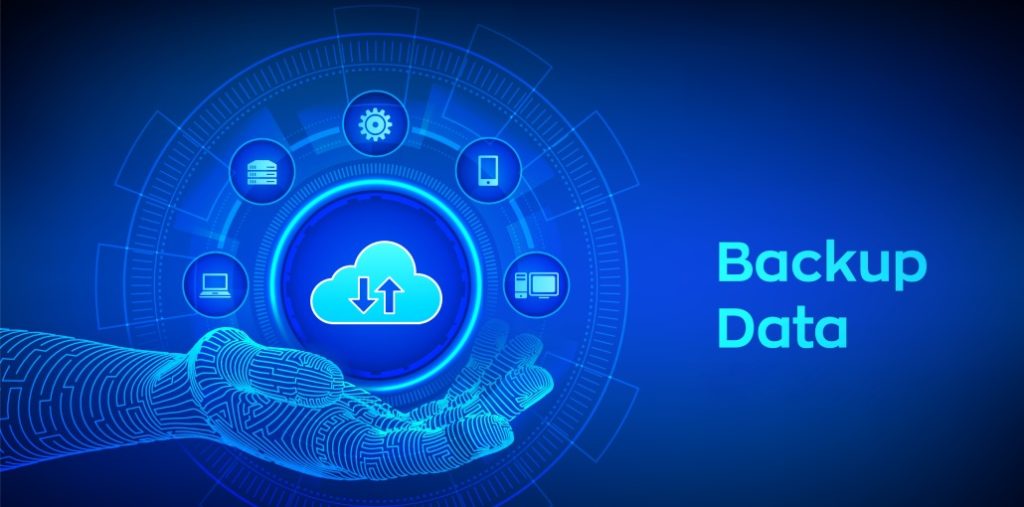In the dynamic and ever-changing world of technology, businesses are constantly exposed to unforeseen events that can disrupt operations, cause data loss, and potentially even lead to financial ruin. Disaster recovery (DR) is a crucial strategy that organisations of all sizes must implement to ensure business continuity and protect their valuable assets in the event of such disruptions.
What is Disaster Recovery?
Disaster recovery refers to the comprehensive set of procedures, plans, and technologies designed to restore IT systems and critical business functions after a disaster, such as a natural disaster, cyberattack, or hardware failure. It encompasses a wide range of activities, including data backup, disaster recovery testing, and business continuity planning.
Why is Disaster Recovery Important?
The importance of disaster recovery cannot be overstated. Consider the following compelling reasons why every organisation should prioritize DR:
- Protects Data Integrity: Data loss can be catastrophic for businesses, leading to financial losses, legal repercussions, and reputational damage. DR safeguarded data ensures business continuity and prevents irreparable harm.
- Ensures Business Continuity: In the event of a disaster, DR allows organisations to resume operations quickly and minimize downtime. This is crucial for businesses that rely on technology for their day-to-day operations.
- Maintains Competitive Edge: Businesses with robust DR capabilities demonstrate their resilience and adaptability to potential disruptions, gaining a competitive advantage in today’s dynamic market.
Components of a Disaster Recovery Plan
A comprehensive disaster recovery plan typically encompasses the following key components:
- Risk Assessment: Identifying and evaluating potential disaster scenarios to prioritise DR efforts and resource allocation.
- Data Backup and Recovery: Implementing secure data backup solutions to protect critical data and enable recovery after a disaster.
- Disaster Recovery Testing: Regularly testing DR plans to ensure their effectiveness and identify any potential issues.
- Business Continuity Planning: Developing contingency plans for business processes to ensure continuity of operations in the event of a disaster.
- Communication Plan: Establishing clear communication channels to inform employees and stakeholders of the disaster and recovery efforts.
- Recovery Time Objectives (RTOs) and Recovery Point Objectives (RPOs): Defining specific recovery targets for restoring IT systems and data loss prevention.
Implementing a Disaster Recovery Plan
Effectively implementing a disaster recovery plan requires a structured approach:
- Executive Buy-In: Secure top-level support and sponsorship to ensure adequate resources and commitment to DR initiatives.
- Clear Roles and Responsibilities: Establish clear roles and responsibilities for individuals involved in disaster recovery activities.
- Training and Awareness: Provide regular training to employees on DR procedures, ensuring they are prepared to respond during a disaster.
- Documentation and Maintenance: Maintain comprehensive documentation of disaster recovery plans, ensuring they are up-to-date and reflect current business processes.
- Regular Testing and Refinement: Conduct regular testing of DR plans to identify and address any potential weaknesses, and continuously refine the plans as business needs evolve.
Conclusion
Disaster recovery is not a one-time event but an ongoing process that requires continuous assessment, planning, and preparation. By implementing a comprehensive DR strategy, organisations can protect their business continuity, minimize disruption, and safeguard their valuable data and assets against the unexpected. Remember, disaster preparedness is not about preventing disasters from happening; it’s about ensuring your business can bounce back quickly and effectively when they do occur.



















